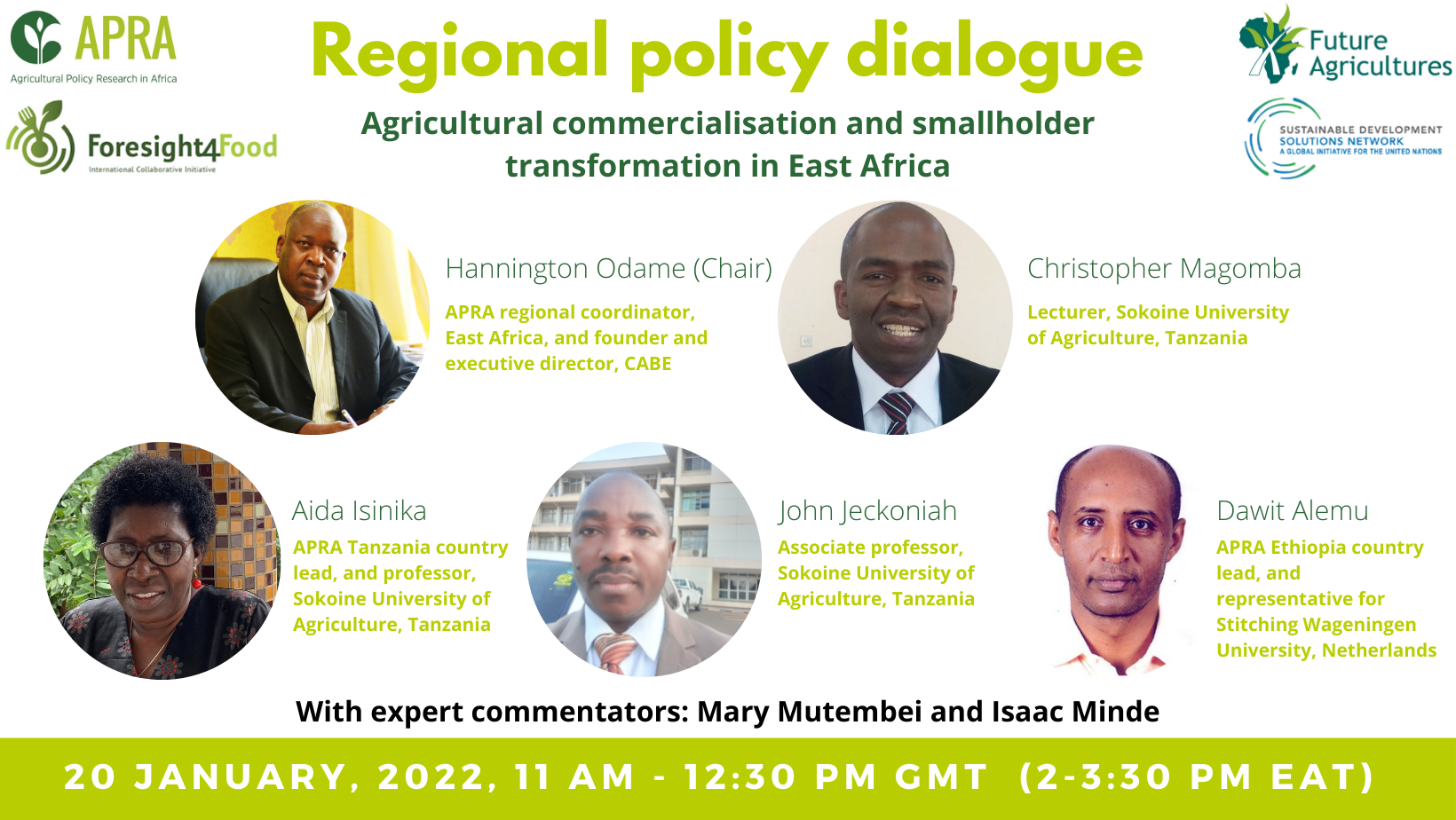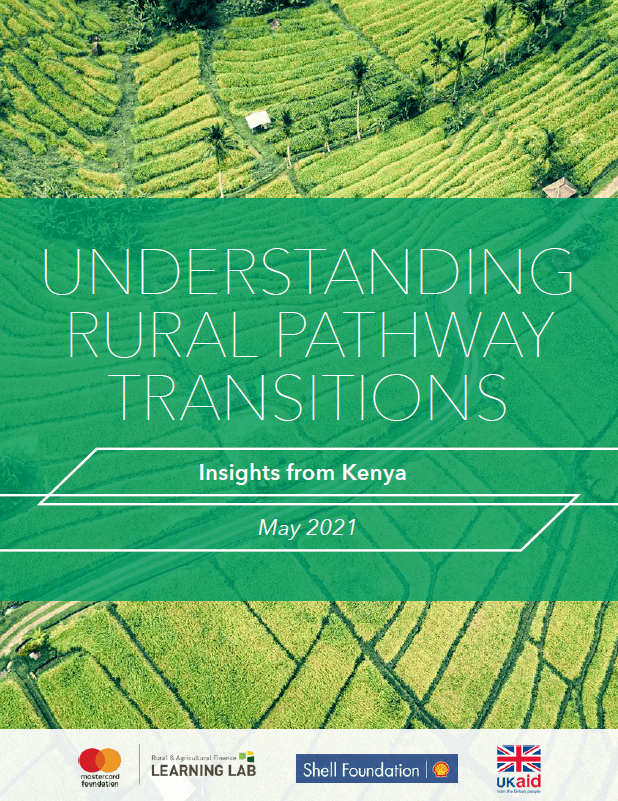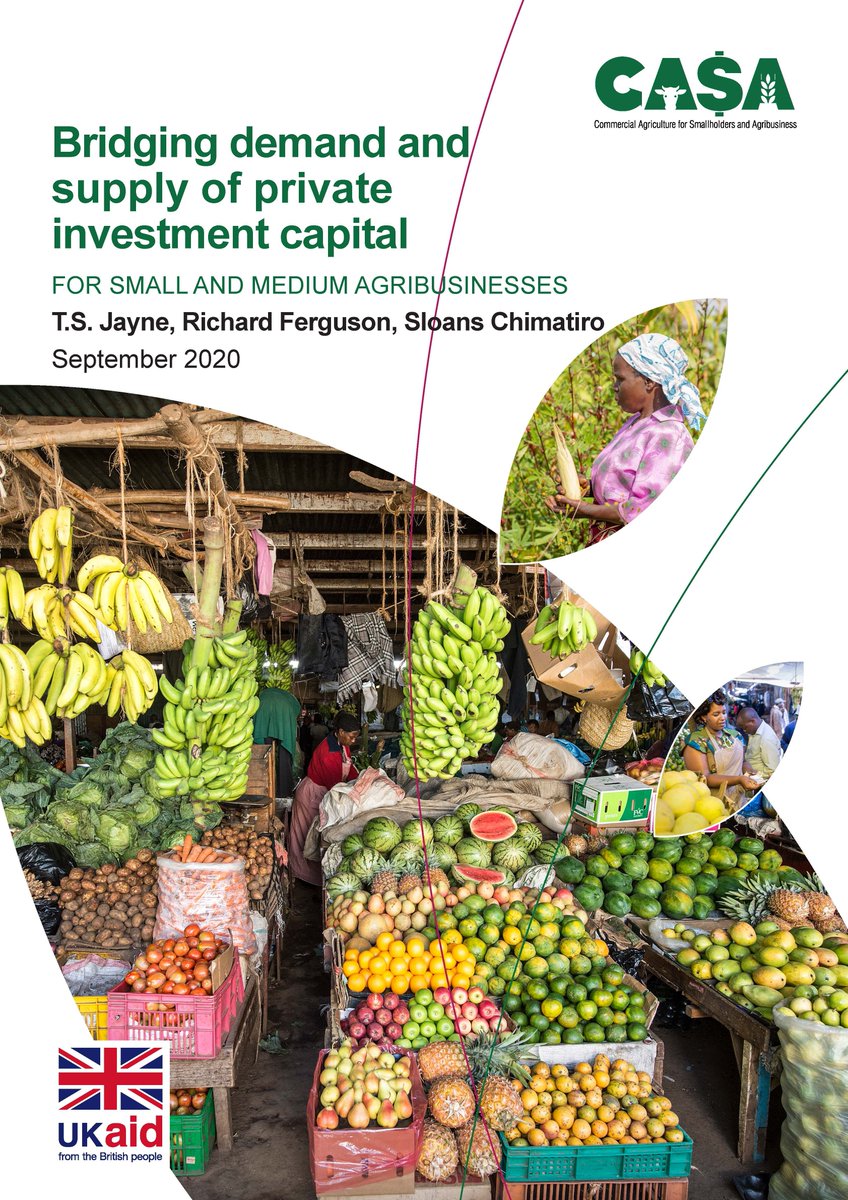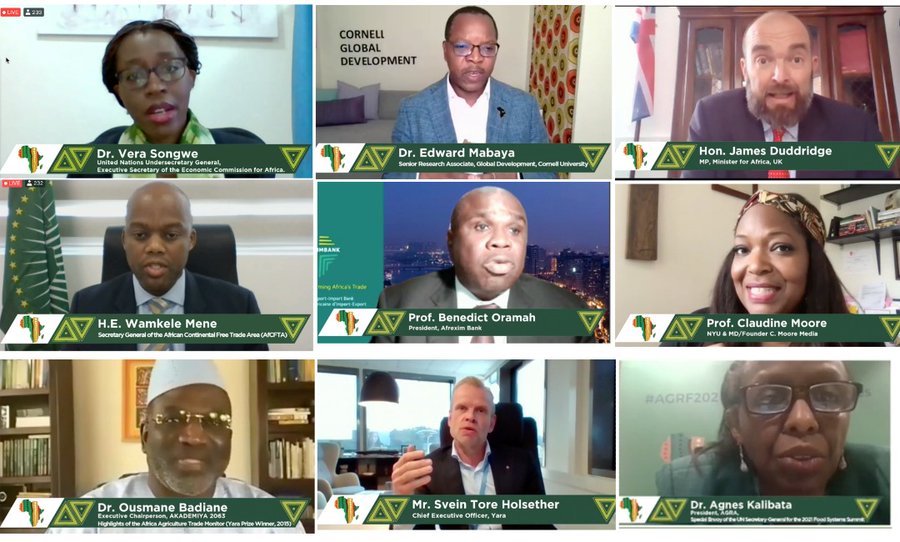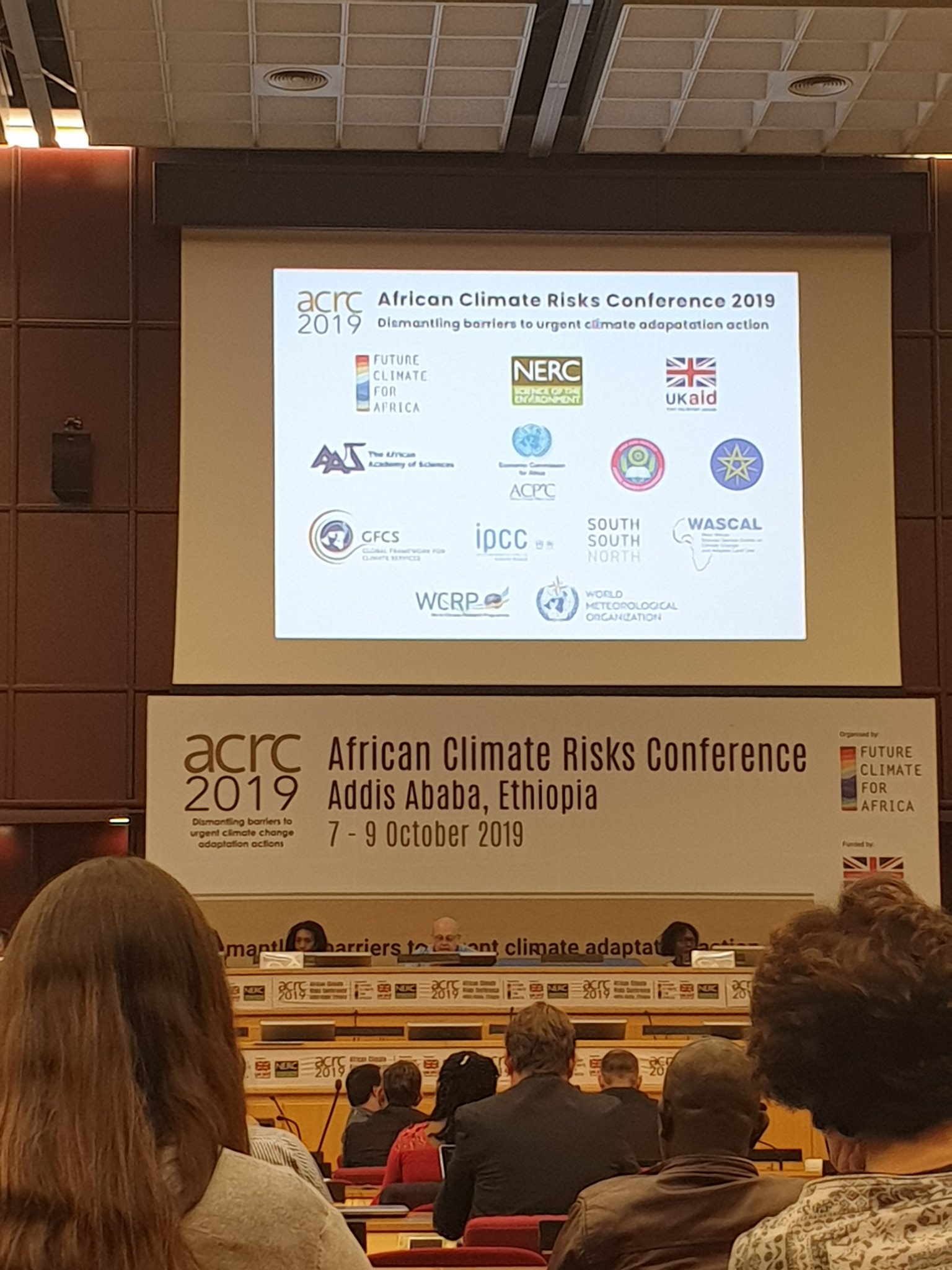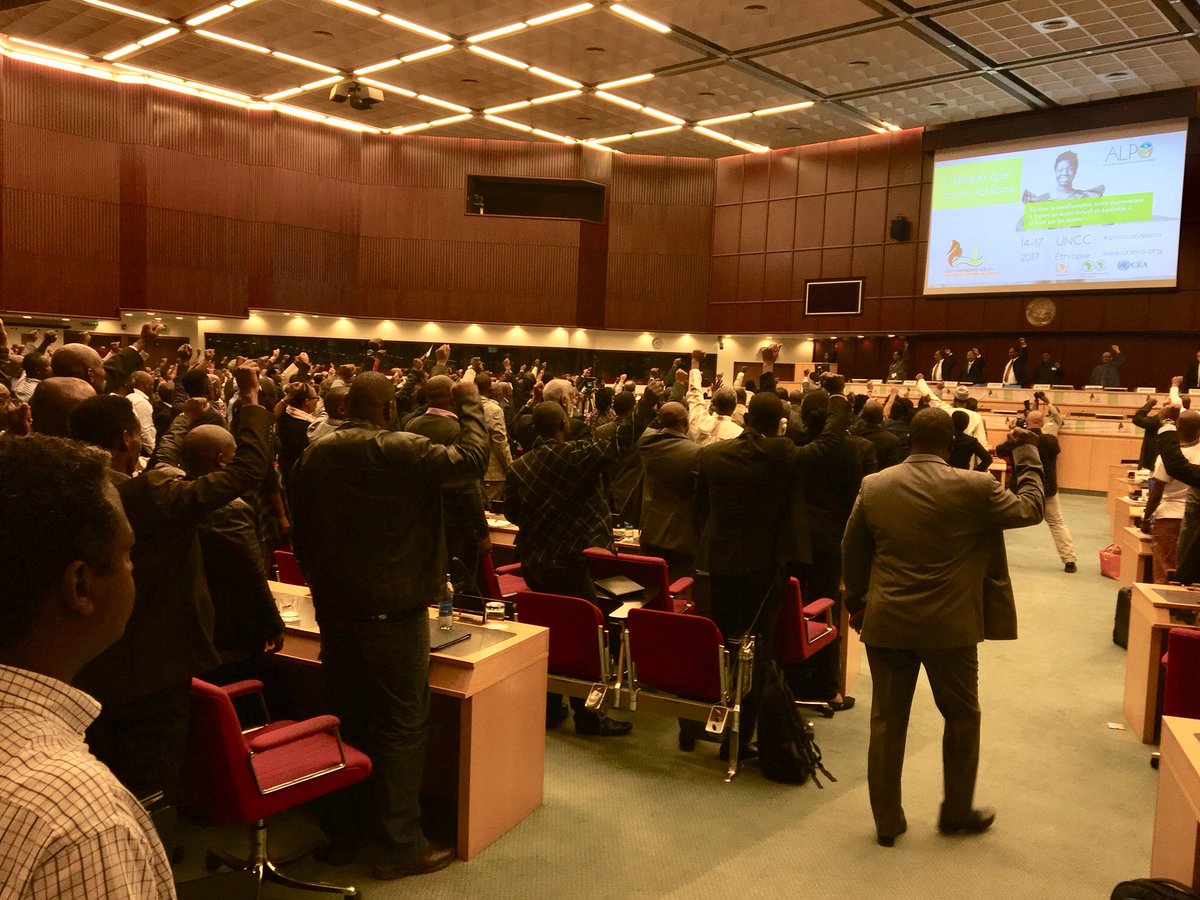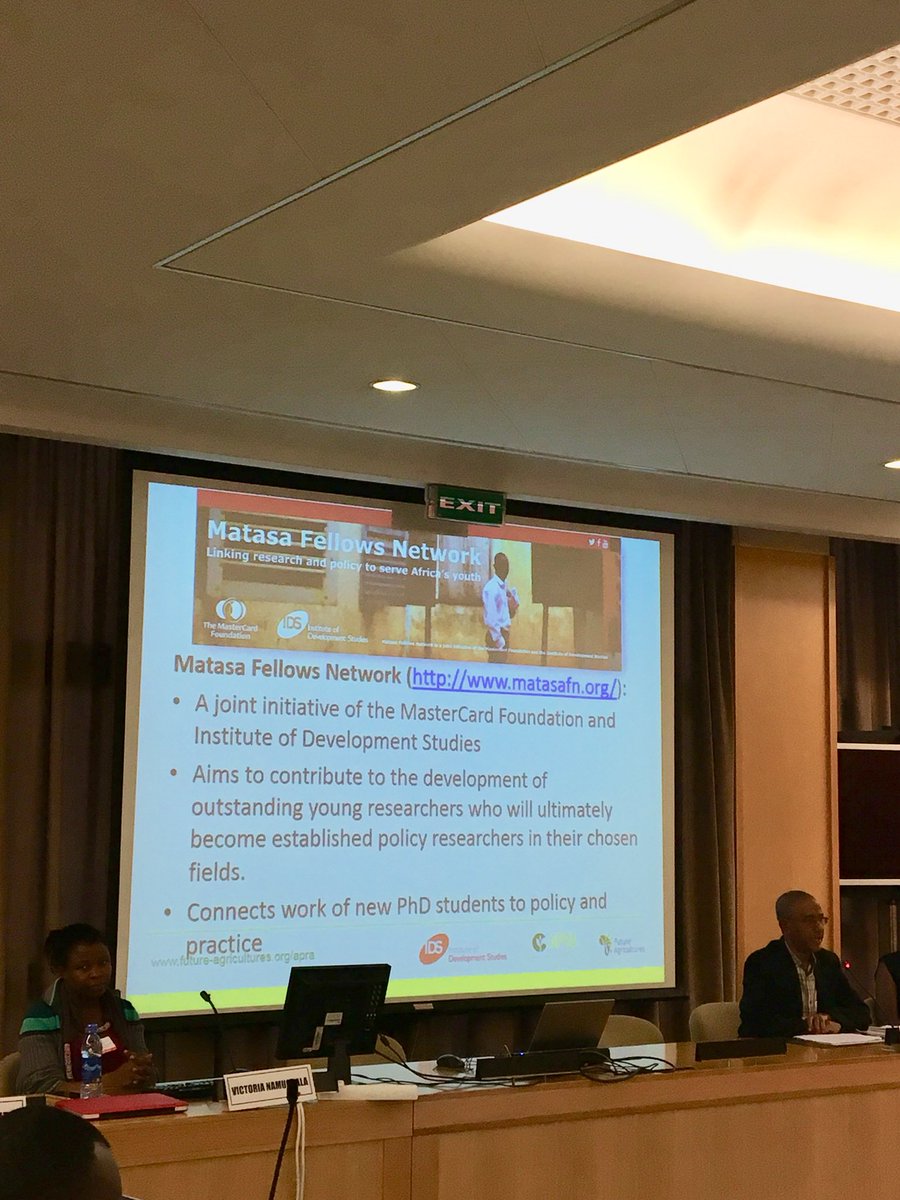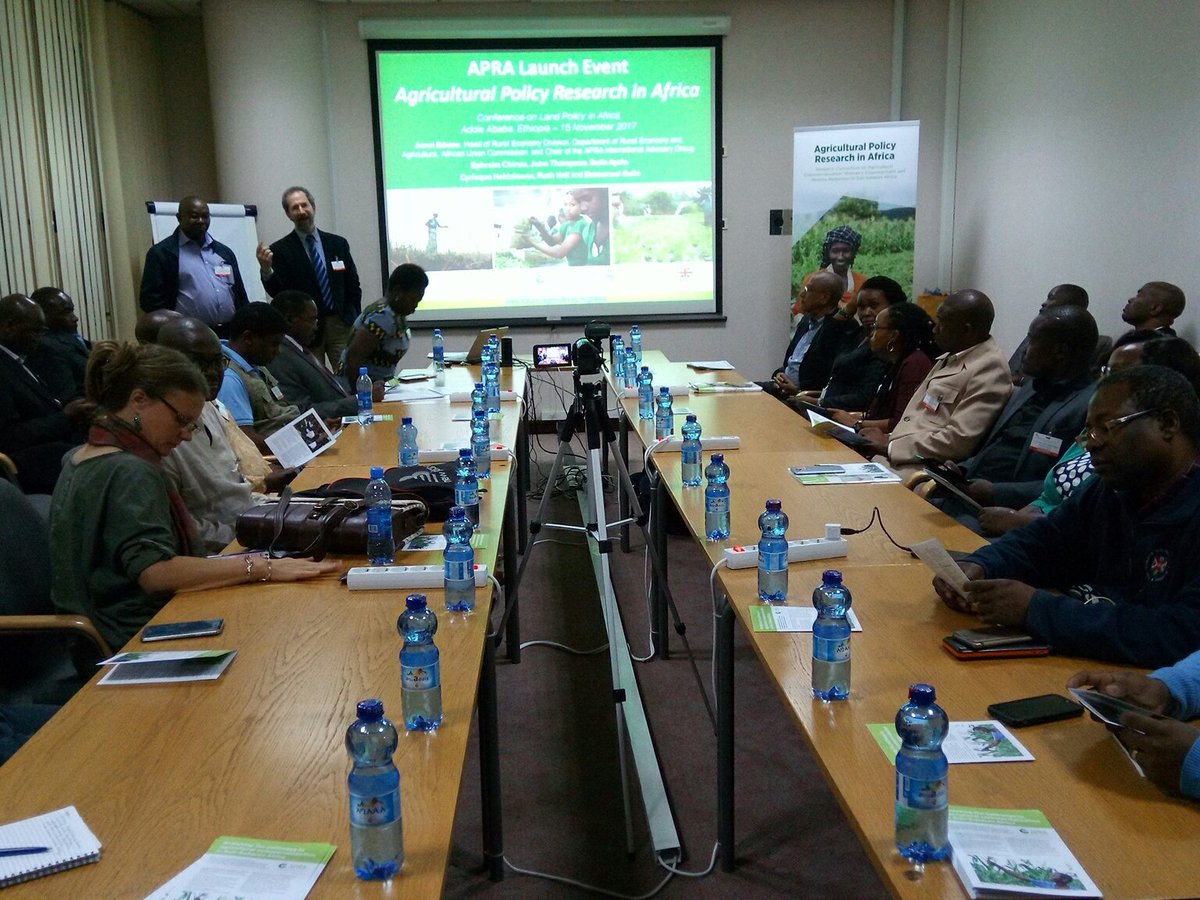This report takes stock of the increasingly pluralistic landscape of agricultural small- and medium-sized enterprise (agri-SME) finance in sub-Saharan Africa and Southeast Asia, with the aim to establish a new perspective on the market overall - sizing and segmenting the market in new ways, reflecting on the rapidly accelerating imperative around climate, and identifying new priorities for action.
This report breaks down the market in a more comprehensive and holistic way to show where finance is specifically flowing, via specific types of products from specific types of funders to specific types of agri-SMEs, and indicates that there is a significant and very important role for commercial capital in this market.
Four long-term change priorities are suggested to systematically closing the agri-SME financing gap over time:
- intentionally growing larger numbers of agri-SMEs into commercially investable prospects to anchor local bank markets for finance;
- developing capacity, incentives, and infrastructure for local banks and funds to profitably serve smaller, less commercial agri-SMEs over time;
- making blended finance more efficient and effective; and
- building the infrastructure around climate finance.
Absence of climate finance
Within this overall picture, the report shows there is an “absence of any major flows of climate finance for agri-SMEs relative to the known dimensions of the climate crisis”.
Globally, only 1.7 per cent of global climate finance, or about US$10 billion, is available to small-scale agriculture, according to the analysis and advisory organisation Climate Policy Initiative. Over 95 per cent of that is provided from public sources and earmarked largely for efforts to curb climate change, rather than adapt to it.
- Unlike mitigation, which has tangible elements that can be measured, such as a reduction of carbon dioxide emissions, adaptation lacks a universal target. Much of this is due to the context-specific nature of adaptation — what works in one place may not work elsewhere.
- Take, for example, an innovation aimed at increasing maize yields in drought-prone areas. The project could use drought-resilient seeds, irrigation, or soil management, and be held against a single metric of maize yield in low rainfall years, the report proposes.
- While metrics can help attract adaptation investment for agri-SMEs, governments must also play a part, creating a stable regulatory environment, as well as tax incentives and concessional financing, or cheap financing around adaptation innovations.
- Progress toward an accepted adaptation metric, however, will take time.
“Government must make a clear climate commitment with policy that includes an adaptation plan and investment strategy, and which prioritises certain … sector projects, by first putting its own financing into that plan, and then calling for international cooperation to co-finance, governments can attract the private sector.”
"The economic case for investing in climate adaptation is strong. Benefit-cost ratios rangefrom 2:1 to 10:1. Yet, money is not flowing at the pace or scale needed and there is a need to shift the way investment decisions are made to account for climate risks, scaling up and deploying public finance more effectively, scaling disaster risk finance and insurance, as well as harnessing private capital for resilience." Maria Tapia, programme lead for climate finance at the Global Centre on Adaptation.




